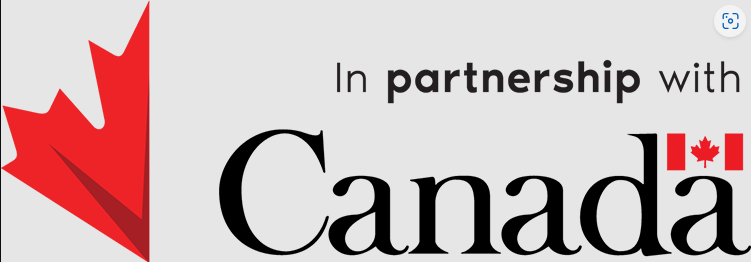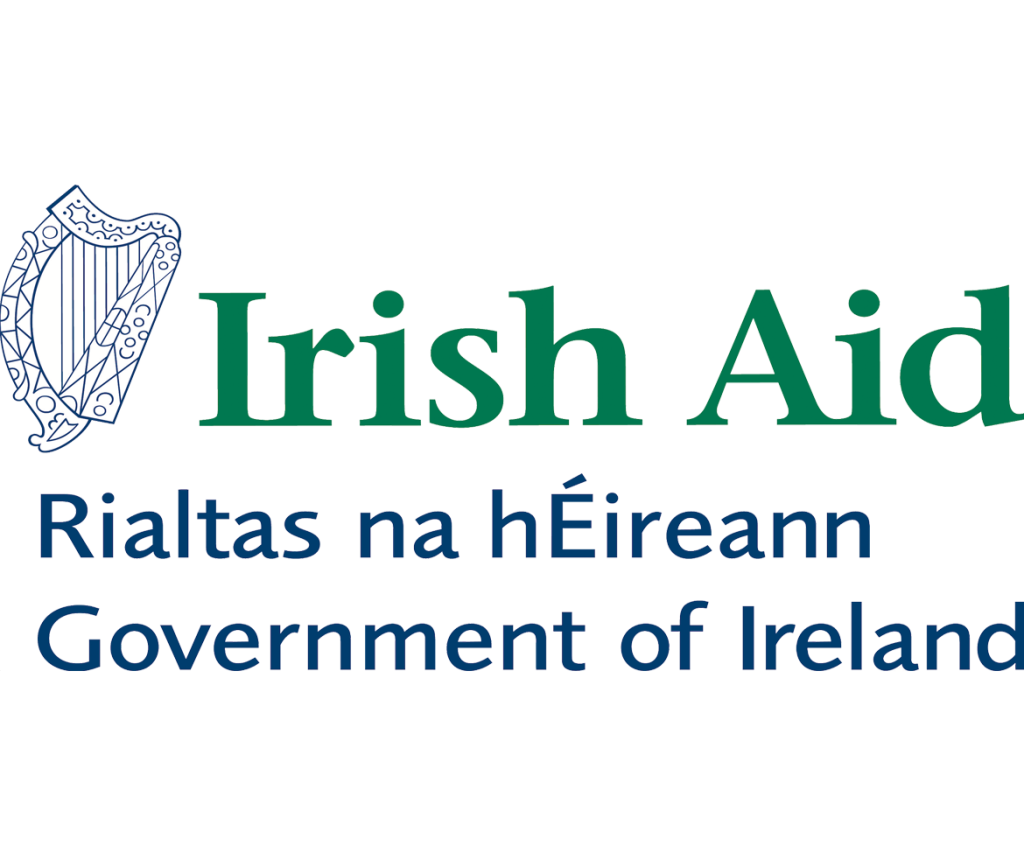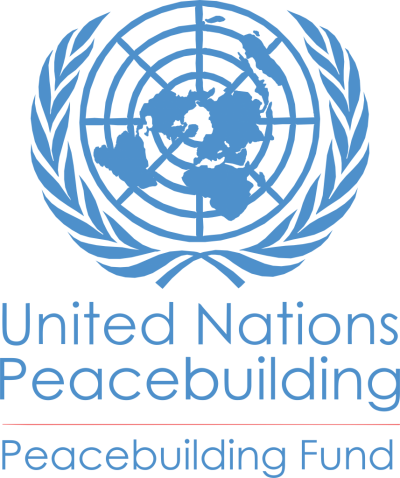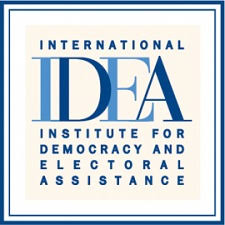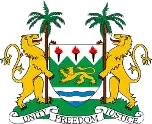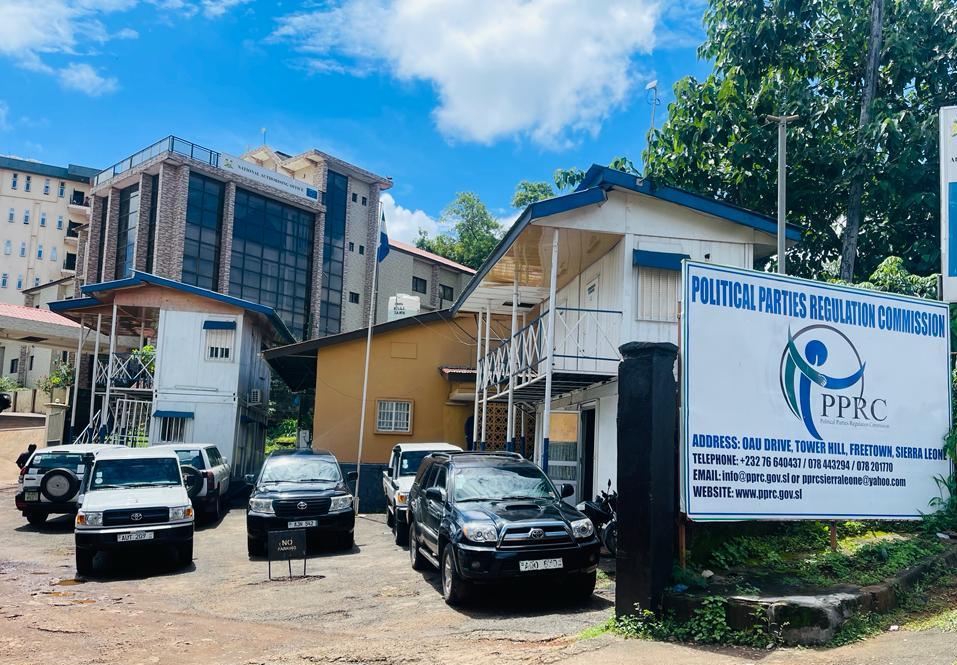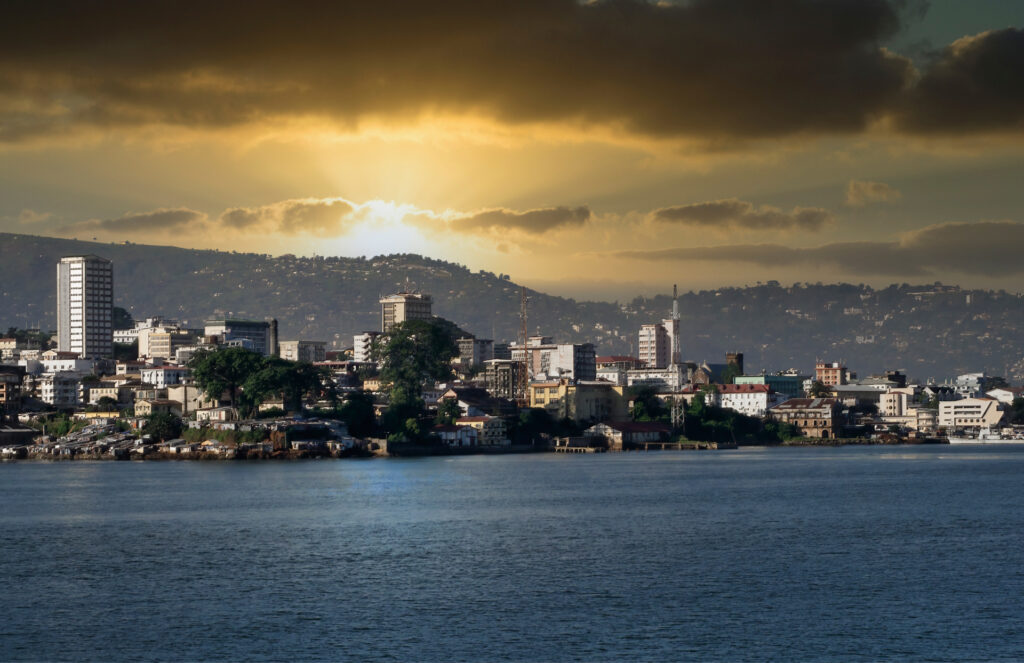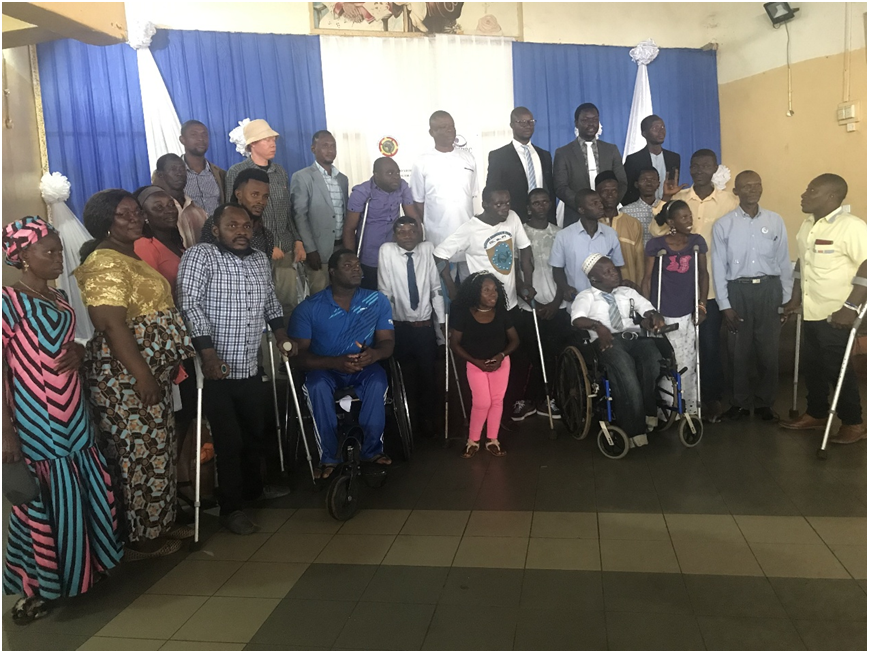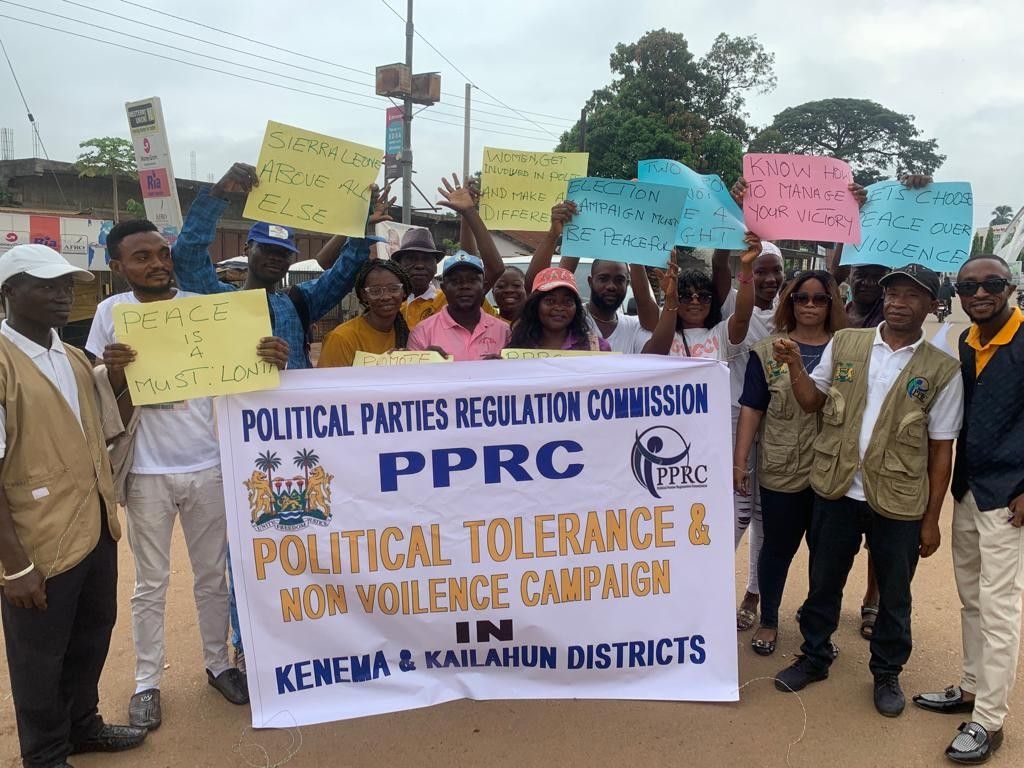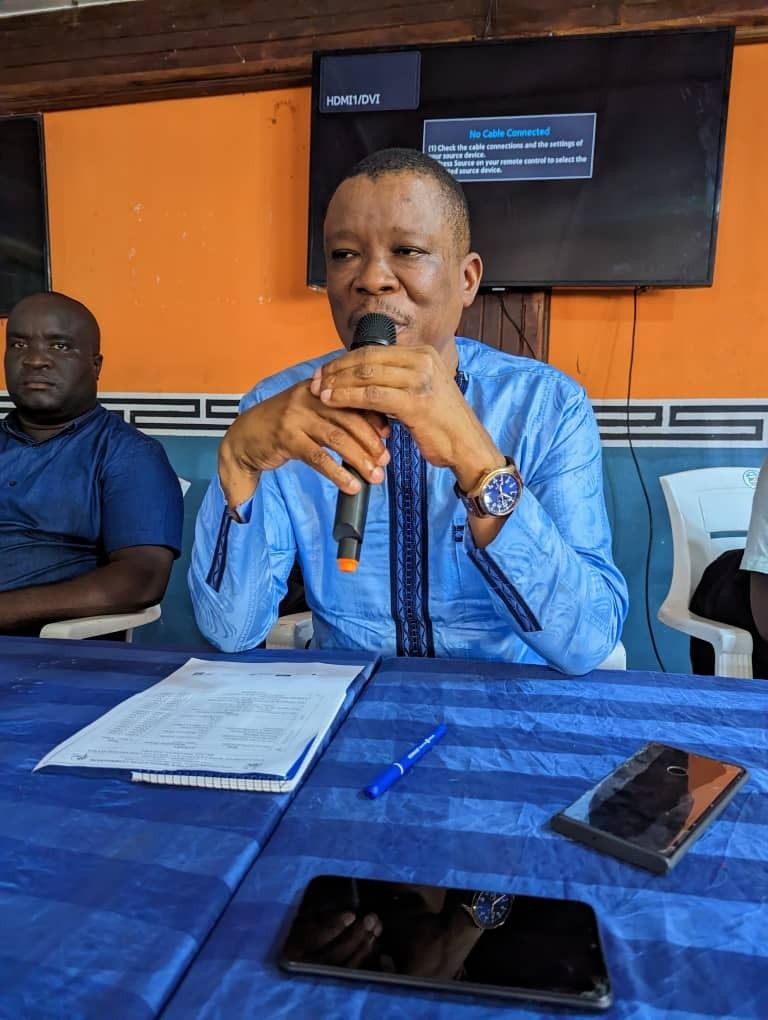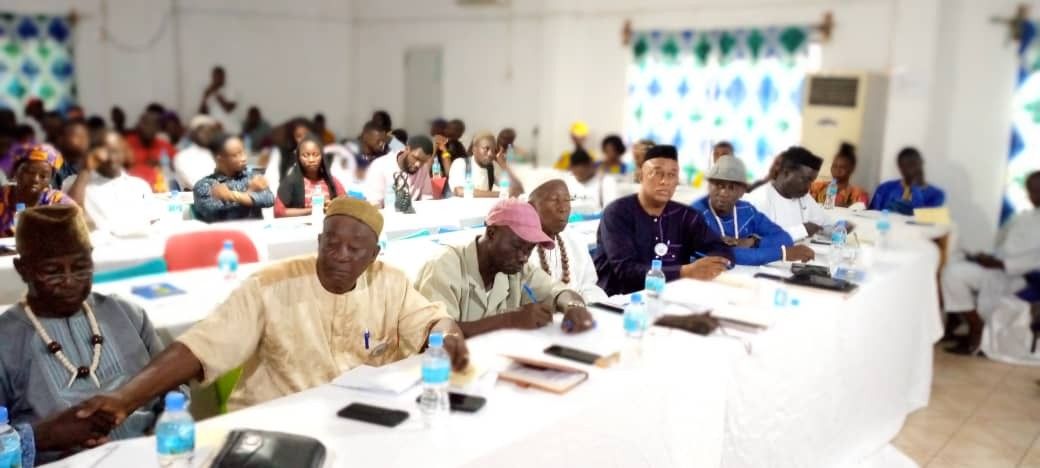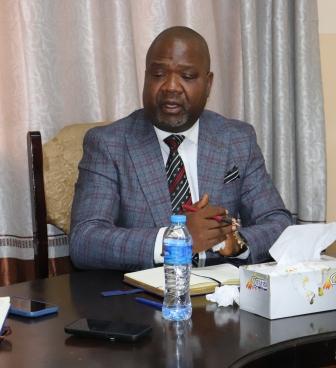___________________________________________________________________________________________________________________________________________________________________
Vision
The PPRC’s vision is a Sierra Leone with a responsible and resilient political landscape defined by good governance, transparent, peaceful and inclusive party politics.
Mission
The Commission’s mission is to engender, among political parties in Sierra Leone, a spirit of accountable political pluralism, as well as strong democratic principles, register, regulate and mediate between and among political parties, and provide platforms for political reconciliation and cohesion between and among political parties.
- All
- Activities
- Press releases
- News updates
- Documents
Guide to Registering a Political Party
The constitutional provision for the establishment of the PPRC is enshrined in Sections 34 and 35 of the 1991 Constitution of Sierra Leone as amended.
Right to Access Information Commission
The Digital Access to Information platform (RAIC Website), upgraded from the old web site of the Commission, hosts Freedom of Information (FOI) forms A B C D in the 2022 RAI Regulations for requesters to access and put in an FOI request digitally regardless of geographical frontiers. Click HERE to access page
Key Accomplishments
The PPRC has performed well in the discharge of its mandate through the promotion of democracy and building of a culture of peace within and among political parties. In addition to facilitating peaceful and successful elections, the Commission through the UN also provided support to political parties, empowered women and youths and worked closely with the media to reduce political tensions in the country.
Over the past years, the Commission is been able to do the following:
- Strengthened its Staff capacity, by the recruitment of new staff.
- Build the capacity of its staff through training.
- Considerably improve on the welfare of its Commissioners and staff, by way of salary increments.
- Review and revised the Constitutions and Rules and Regulations of the Ruling Sierra Leone Peoples Party, the main Opposition All Peoples Congress Party and the National Grand Coalition Party.
- Supervised and guided the conduct of Intra Party elections, for the Constitutions of their Organs and Structures.
- Repealed and Replaced its Act, the Political Parties Act No.3 of 2002, with the Political Parties Act No 25 of 2022.
- Acquired two new office space in Freetown and Port Loko.
- Win the Confidence trust and cooperation of Political Parties and development Partners.
- Improved its logistics base, in terms of mobility, information technology and visibility.
- Established networks with its sister EMBs: ECSL, ONS, SLP and other lined Departments and Agencies.
- Gained membership of the Association of World Electoral Management Bodies (AWEB).
UN support to the political parties through PPRC
Institutional
capacity building
Woman & youth
empowerment activities
Project donors
The UNDP Sierra Leone supports efforts to enhance the capacity of national institutions such as the Political Parties Registration Commission (PRRC) to deliver peaceful, credible and inclusive elections in Sierra Leone.
The support is administered thanks to a multi-donor Election Basket Fund financed by the Government of Ireland, the European Union, the Government of Canada, the Government of Iceland, the United Nations Development Programme and the United Nations Peacebuilding Fund.

